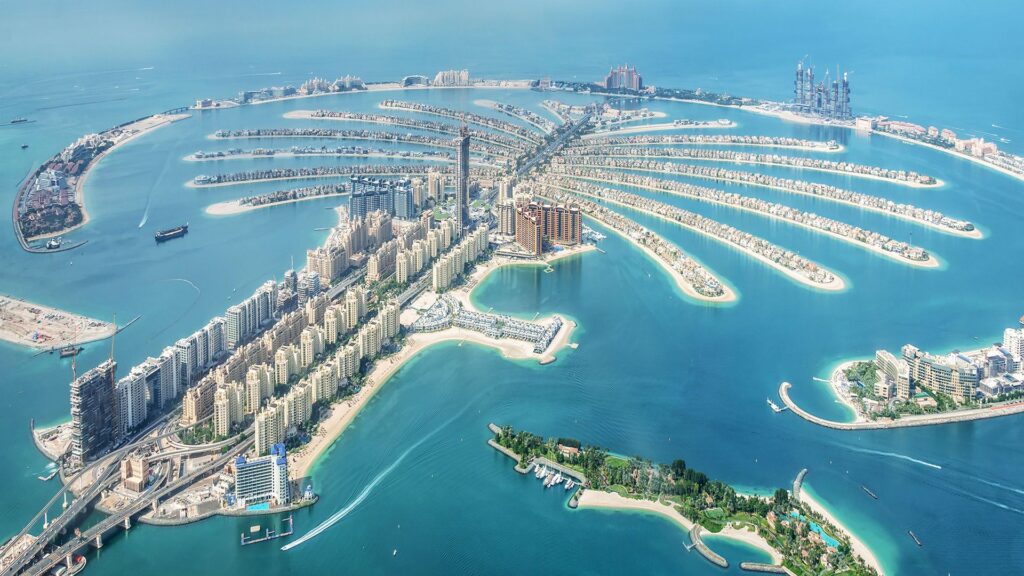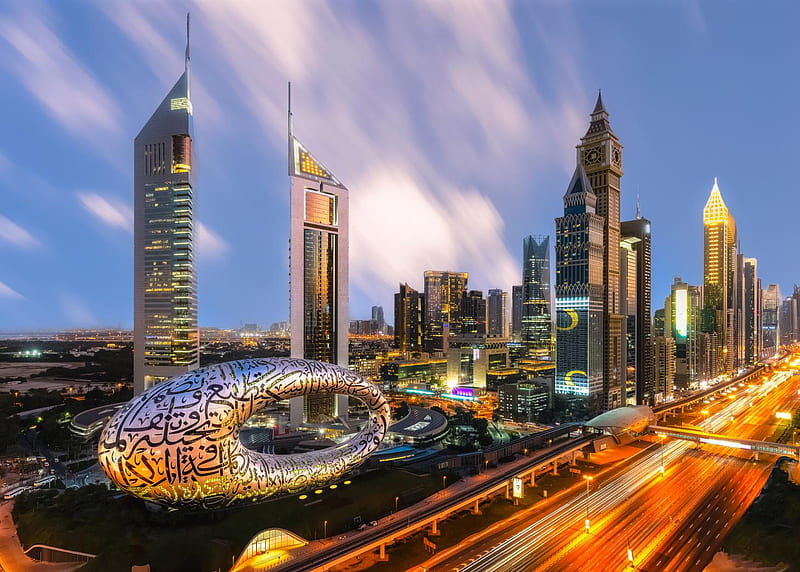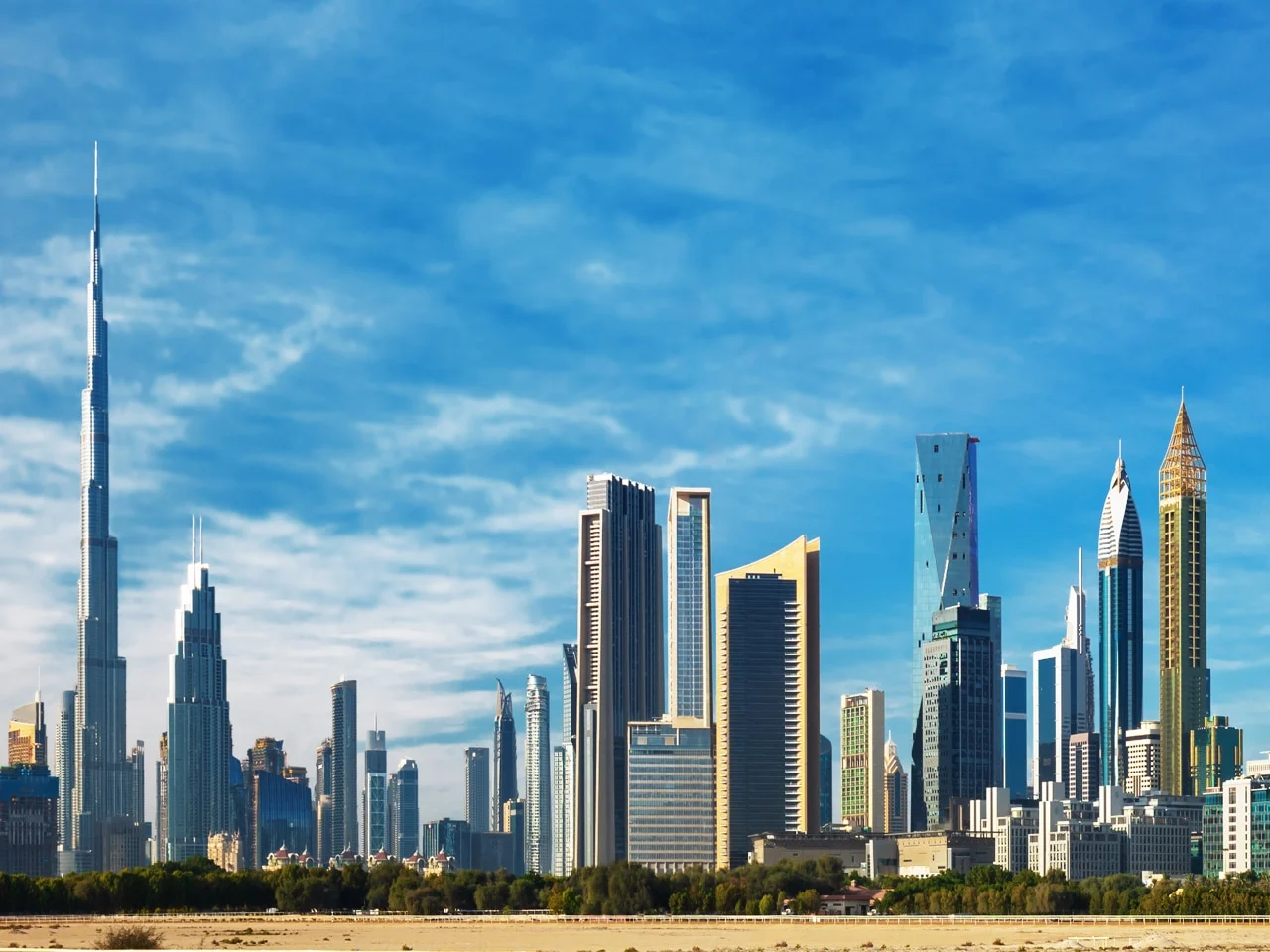If you’re planning to start a business in Dubai, you’ve likely come across two popular options: Dubai Free Zones and Dubai Mainland. Each has its own benefits, limitations, and specific use cases. But how do you decide which one is right for your business? In this guide, we’ll break down the differences between Free Zones and Mainland setups in Dubai, helping you make an informed decision.
Understanding Dubai’s Business Environment
Dubai’s reputation as a global business hub is well-earned. Its strategic location, tax incentives, and world-class infrastructure attract entrepreneurs from around the world. However, the choice between a Free Zone and a Mainland setup can significantly impact your business operations, target market, and overall growth potential.
To start, let’s define what Free Zones and Mainland setups are.
What Is a Dubai Free Zone?
A Free Zone is a designated area in Dubai designed to encourage foreign investment by offering tax exemptions and 100% ownership for expatriates. Each Free Zone is governed by its own authority, making it easier for businesses to get set up and operate.
Key Features of Free Zones:
- 100% Ownership: No need for a local sponsor or partner.
- Tax Benefits: Enjoy corporate tax exemptions in most Free Zones.
- Industry-Specific Zones: Many Free Zones are tailored to specific industries, such as technology, media, or logistics.
- Simplified Procedures: Licensing and registration are generally streamlined.
- Restricted Operations: Businesses can operate only within the Free Zone or internationally, not in the Dubai Mainland without a local distributor.
What Is Dubai Mainland?
A Mainland company is licensed by the Dubai Department of Economic Development (DED), allowing businesses to operate throughout Dubai and the UAE without geographic restrictions.
Key Features of Mainland Companies:
- Full UAE Market Access: Mainland companies can trade and operate anywhere in Dubai, the UAE, and internationally.
- Local Sponsorship: For some business types, a UAE national may be required as a partner or sponsor.
- No Operational Limits: You can conduct business with government entities and within the local market.
- Office Space Requirement: A physical office space is mandatory for Mainland companies.

Key Differences Between Free Zones and Mainland
Here’s a detailed comparison of the two options to help you weigh your choices:
1. Ownership
- Free Zone: Offers 100% ownership for foreign investors. This is ideal for businesses that don’t require local market operations.
- Mainland: While recent reforms allow 100% foreign ownership for certain business activities, other sectors may still require a UAE national partner.
2. Business Activities
- Free Zone: Businesses are limited to operating within the Free Zone or exporting internationally. To trade in the local UAE market, you’ll need a local distributor or agent.
- Mainland: Offers unrestricted access to the UAE market, including government contracts and retail opportunities.
3. Office Requirements
- Free Zone: Some Free Zones allow virtual offices, making it cost-effective for startups. Physical office space is not always mandatory.
- Mainland: Requires a physical office space or commercial property, which adds to operational costs.
4. Market Reach
- Free Zone: Best for businesses focused on international trade, e-commerce, or specific sectors like media and technology.
- Mainland: Ideal for companies that need to serve the local UAE market or deal directly with government agencies.
5. Setup Costs
- Free Zone: Generally more affordable upfront, as there’s no requirement for a physical office and the process is streamlined.
- Mainland: Higher setup costs due to office space requirements and potentially involving a local sponsor.
6. Taxation
- Free Zone: Most Free Zones offer 100% tax exemptions on corporate income and profits.
- Mainland: Corporate tax policies now apply to Mainland businesses, although small businesses may benefit from exemptions.
7. Ease of Setup
- Free Zone: Easier and faster to set up, with minimal paperwork and industry-specific support.
- Mainland: Involves more steps, including regulatory approvals and office lease agreements.

Pros and Cons of Free Zones
Pros:
- Full foreign ownership
- Tax-free environment
- Industry-specific advantages
- Simplified licensing process
Cons:
- Limited access to the local market
- Restrictions on business activities outside the Free Zone
- Dependence on a local distributor for Mainland operations
Pros and Cons of Mainland
Pros:
- Access to the local UAE market
- Ability to deal with government entities
- No geographic restrictions on operations
Cons:
- Higher setup costs
- Sponsorship requirements for certain activities
- Mandatory office space
Factors to Consider When Choosing
1. Your Target Market
- If your primary customers are in the UAE, a Mainland setup is ideal.
- If you plan to operate internationally or within a niche sector, a Free Zone might suit you better.
2. Budget
- Startups and small businesses often prefer Free Zones for their lower initial costs.
- Larger businesses or those requiring local market access should account for the higher costs of Mainland setups.
3. Industry
- Free Zones cater to specific industries, making them a good fit for specialized businesses.
- Mainland setups are better for retail, hospitality, or any industry needing broad market access.
4. Office Space Needs
- Free Zones often allow shared or virtual offices.
- Mainland companies need physical office space, which can increase operational costs.
5. Future Expansion
- If you plan to expand into the UAE market in the future, Mainland offers more flexibility.
- Free Zone companies must partner with a distributor to sell within the UAE.

Which Is Better for You?
There’s no one-size-fits-all answer. The decision depends on your business goals, target market, and operational needs. Here’s a quick summary:
Choose a Free Zone if:
- Your focus is on international trade or niche industries.
- You want 100% ownership without the need for a local sponsor.
- You’re starting a business on a budget.
Choose Mainland if:
- You plan to serve the UAE local market.
- You want the flexibility to operate across Dubai and the UAE.
- You aim to work with government entities or large corporations.
Conclusion
Both Dubai Free Zones and Mainland setups offer unique advantages. By understanding your business model, market reach, and budget, you can choose the structure that best aligns with your goals. For startups and SMEs, Free Zones provide a cost-effective way to get started, while Mainland setups are ideal for businesses targeting the local UAE market.
Make sure to evaluate your priorities carefully, consult with experts, and plan for the long term. With the right approach, your business in Dubai can thrive, regardless of the structure you choose.

